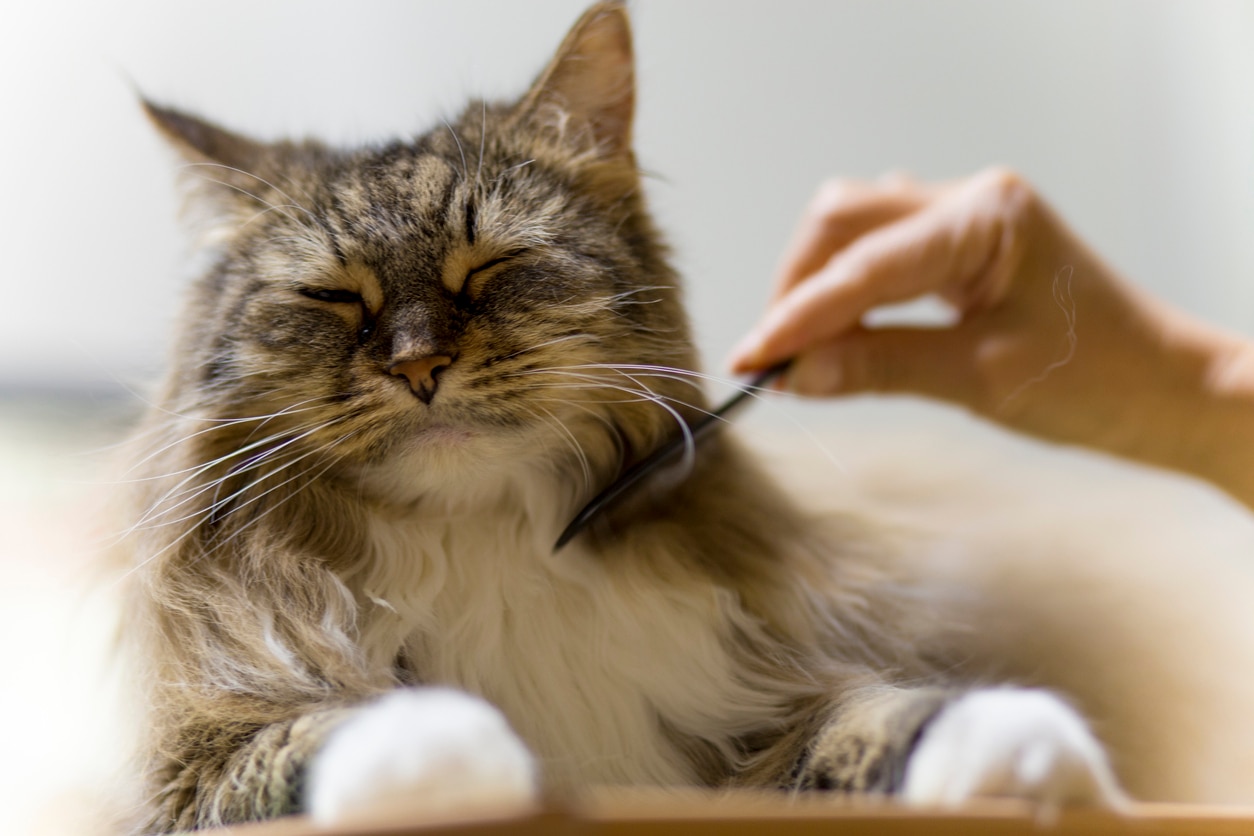pneumonia in cats uk
A variety of organisms can cause pneumonia in cats. If you think your cat may have microbial pneumonia you should bring him in right away.
The other type of pneumonia cats can get is called aspiration pneumonia.
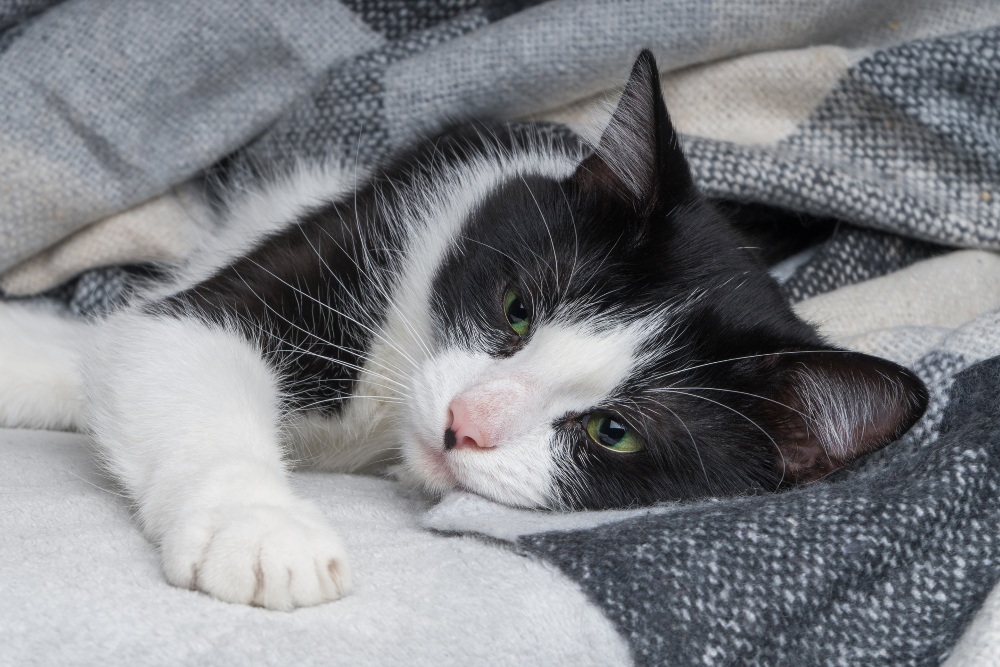
. Pneumonia is an inflammation in the lungs which causes difficulty breathing and a decreased level of oxygen in the blood. A common cause of aspiration pneumonia in cats. Affecting alveoli and associated airways bronchopneumonia.
Cats with this type of pneumonia will need to rest in a. This type of pneumonia in cats usually develops in association with the more common chlamydial conjunctivitis and rhinitis. Although there are numerous reasons for a kitten to suffer from this disease the most common of them is that we are faced with a condition of bacterial origin mainly caused by a feline calicivirus.
In general the diagnosis of bacterial pneumonia in felines occurs. Cryptococcal pneumonia has been described in cats. Coughing and sneezing Fever Noisy breathing Lethargy Weakness Loss of appetite and anorexia Difficulty swallowing Bluish skin Fast breathing.
The respiratory system is sensitive and irritations can be caused by simply introducing a foreign body during breathing. For example some cats may get fungal pneumonia after digging in contaminated soil. Parasitic causes of pneumonia are more commonly found in kittens.
In the UK it is found that up to 30 of respiratory disease in cats are associated with Chlamydia psittaci. Limited to single lung lobe lobar pneumonia. Of feline upper respiratory tract disease in uk animal adoption shelters.
Have also been associated with bronchitis and pneumonia in cats. Aspiration pneumonia in cats is caused by the cat inhaling a foreign material which leads to irritation of the sensitive lining of the lungs. Pneumonia is a lung condition in which bacteria viruses or a fungus is breathed into the airways travels into the lungs and causes inflammation and infection there.
Chlamydial pneumonia is caused by Chlamydia psittaci. Parasitic causes of pneumonia in cats are typically from the lungworm Aelurostrongylus or occasionally from migrating roundworms. Treating aspiration pneumonia.
Interstitial pneumonia meanwhile refers to a form of pneumonia in which the inflammation occurs in the walls of the cats alveoli the air cells of the lungs or in the interstitium the spaces between the tissue cells of the alveoli. The alveoli are cellular components of the cats airway -- where oxygen and. Affecting interstitium interstitial pneumonia.
Extremely rare feline pneumonia is categorized as either aspiration pneumonia or infectious pneumonia. You must be very attentive to any of these symptoms. Coughing and sneezing Fever Noisy breathing Lethargy Weakness Loss of appetite and anorexia Difficulty swallowing Bluish skin Fast breathing.
The clinical signs for both types are the same and include increased respiratory rate rapid heartbeat green or yellow nasal discharge and fever. Pneumonia refers to an inflammation in the cats lungs. Pneumonia in cats is more prevalent in both young kittens and older cats.
The nose and airways bacterial infections can enter and cause complications such as pneumonia. We found that cats contract pneumonia in the following ways. Its the result of a bacterial infection in the lungs and waterways.
Pneumonia in Cats Causes. Lungworms can cause more serious symptoms in kittens and should always be considered in kittens with respiratory distress. The disease is also known as pneumonia in cats especially conjunctivitis in cats.
Injury to the bronchial mucosa and inhalation or aspiration of irritants may cause pneumonia directly and predispose to secondary bacterial invasion. With pneumonia your cats lungs become irritated and swollen which makes it harder to breathe. If the condition is left untreated then the disease spreads to the lungs.
Cough dyspnea tachypnea hyperpnea exercise intolerance systemic signs. Infectious pneumonia in cats results from a viral or bacterial infection in the lungs and airways this is the most common form of pneumonia seen in cats. Chlamydial Pneumonia Feline Chlamydiosis Pneumonitis Chlamydiae bacteria have been identified as a cause of pneumonia in cats.
Catching it early on makes it easier to treat. Bacterial pneumonia in cats is first noted by a moist cough and difficult breathing. Findings in cat 1 were consistent with viral pneumonia.
This is the most common type of pneumonia. Pneumonia in cats is more serious than a simple case of kitty sniffles. Aspiration pneumonia in cats usually requires extensive treatment that may include abdominal palpation chest X-rays a complete blood count a complete chemistry profile removing fluid from the lungs or airway suctioning oxygen therapy and an IV drip.
Grunting or rattling noises associated with breathing. Read on to learn more about the rare but potentially fatal illness and how to spot the signs so you can act swiftly. Microbial pneumonia is usually caused by a weakened immune system and exposure to microbes.
The most common signs of pneumonia in cats involve the upper respiratory tract or eyes. Bacterial viral fungal toxoplasma common with clinical toxoplasmosis in cats. Signs of pain associated with breathing in or out.

Cat Pneumonia Symptoms Diagnosis And Treatment Healthy Paws Pet Insurance
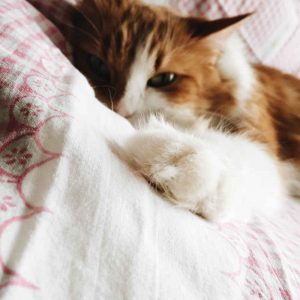
Everything You Need To Know About Feline Pneumonia Petair

Cat Pneumonia Know The Causes Signs And Treatment
/domestic-cat-lies-in-a-basket-with-a-knitted-blanket--looking-at-the-camera--tinted-photo--1194409229-54257cc696124a02af4a487d5102fea6.jpg)
Feline Calicivirus Fcv In Cats

Cat Pneumonia Know The Causes Signs And Treatment

Types Of Pneumonia In Cats Available Treatments Tucson Emergency Vet Veterinary Specialty Center Of Tucson

Cat Pneumonia Know The Causes Signs And Treatment

Symptoms Of Pneumonia In Cats How It S Treated Winston Salem Vet Carolina Veterinary Specialists Emergency
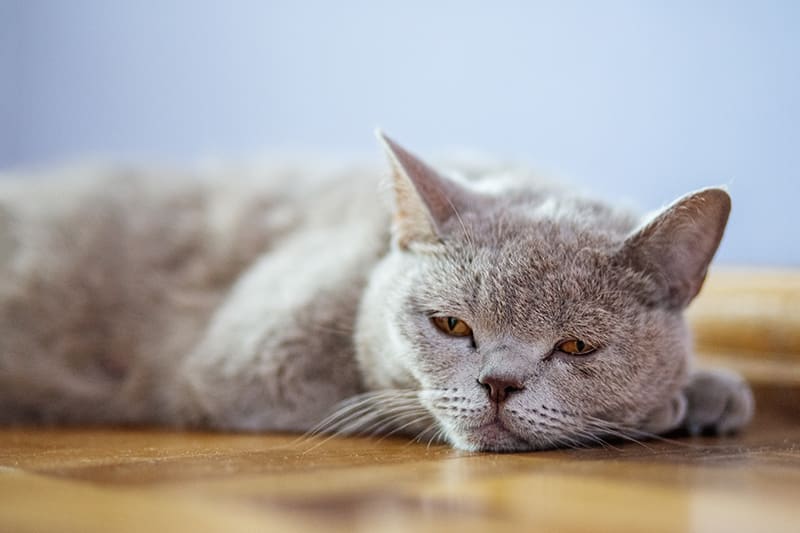
Pneumonia In Cats Causes Symptoms Treatment Cordova Vet Germantown Parkway Animal Hospital

Cat Pneumonia Know The Causes Signs And Treatment

Treating 3 Types Of Pneumonia In Cats Cats Cat Illnesses Fungal Pneumonia
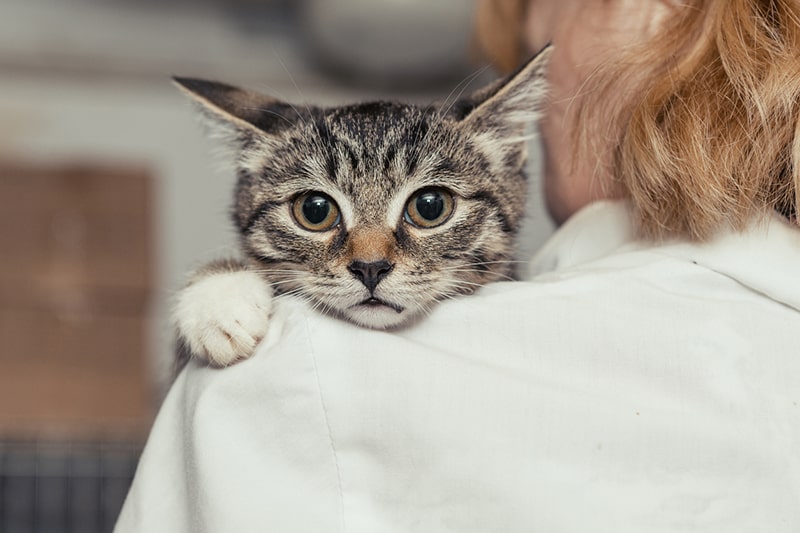
Cat Pneumonia Know The Causes Signs And Treatment
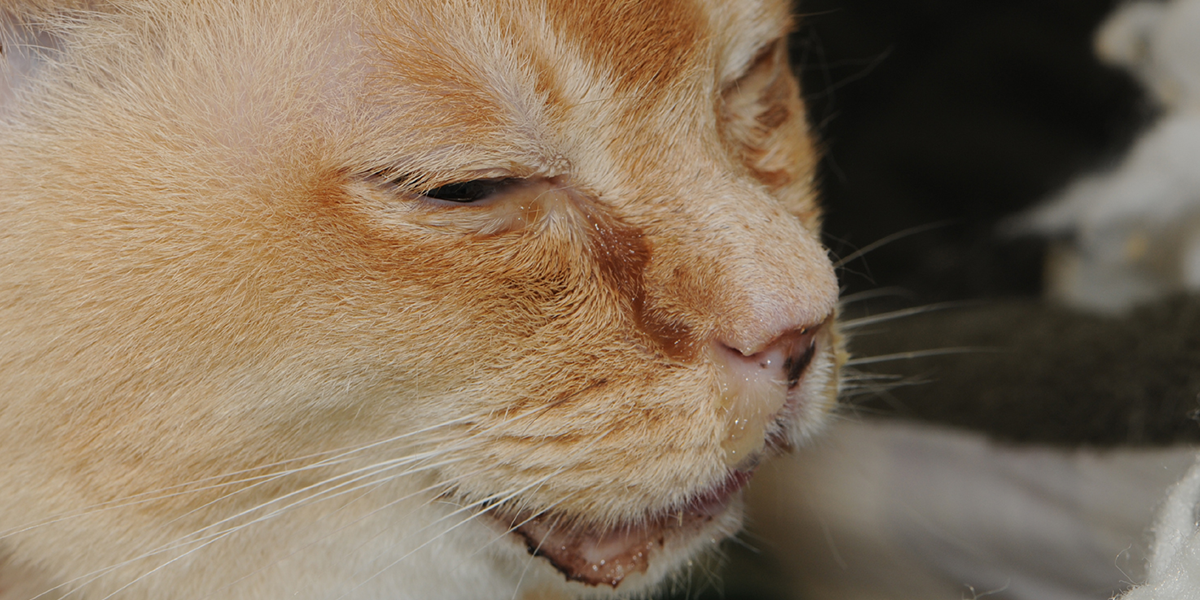
Cat Flu Upper Respiratory Infection International Cat Care

The Forgotten Complication Aspiration Pneumonia In The Canine Patient The Veterinary Nurse
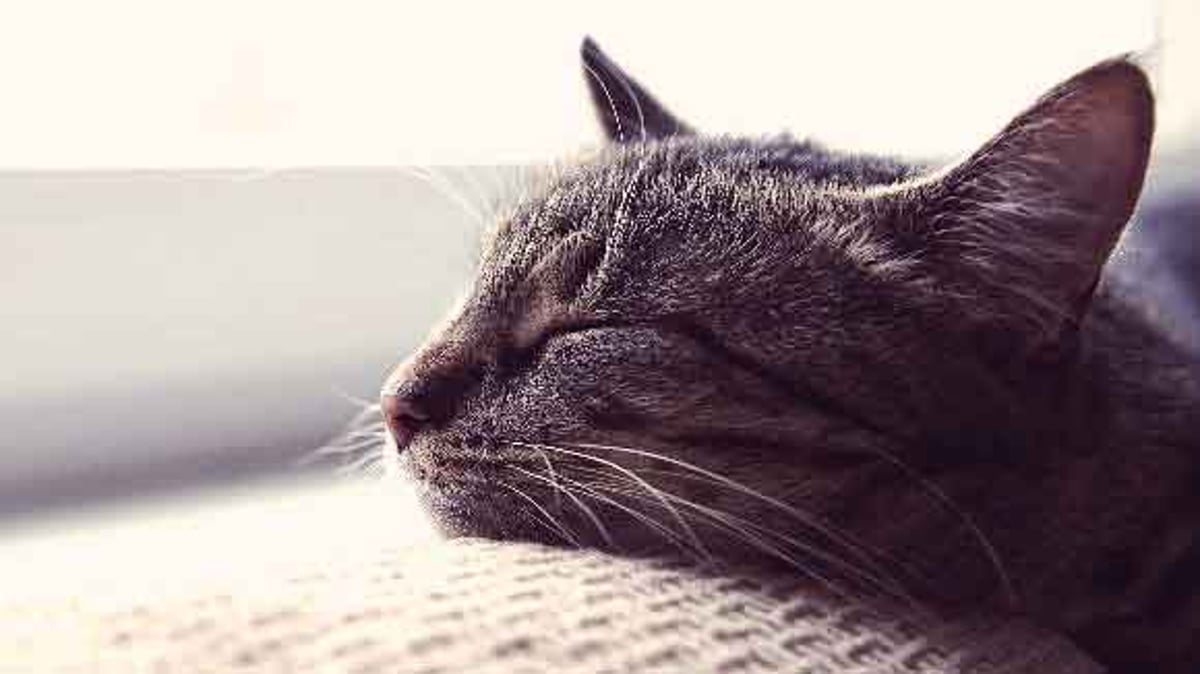
How Do You Treat Megaesophagus In Cats Petcarerx
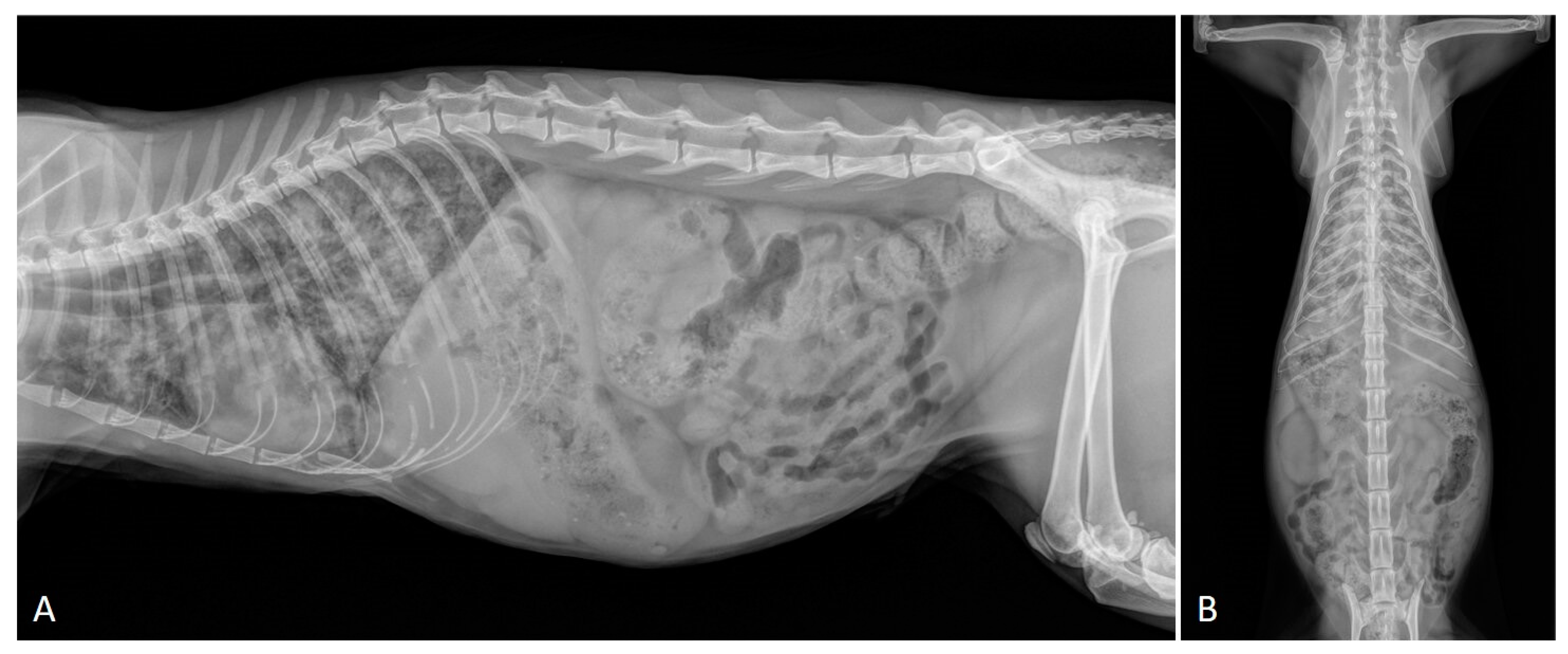
Pathogens Free Full Text Cat Respiratory Nematodes Current Knowledge Novel Data And Warranted Studies On Clinical Features Treatment And Control Html
